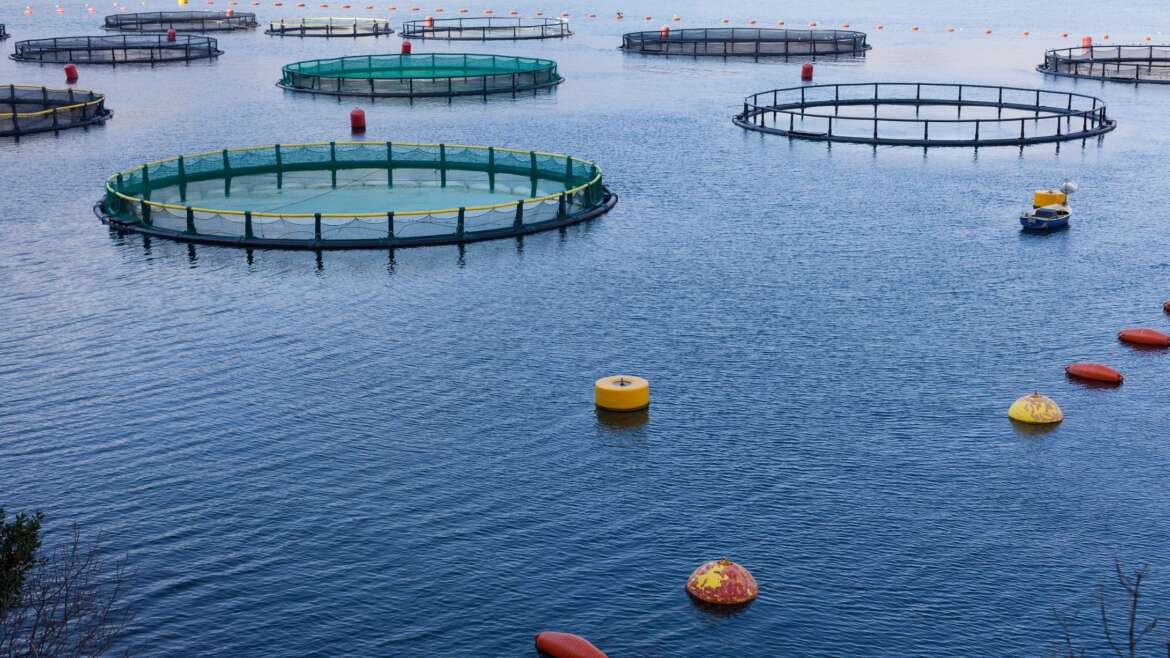
In a wonderfully informative article from May 10, 2020, ecoRI News dove into the problems oyster farmers (and shellfish farmers generally) are facing now that their main buyers, restaurants, have either closed or scaled back their businesses significantly because of the COVID-19 epidemic. Bob Rheault, the executive director of the East Coast Shellfish Growers Association, explained to ecoRI News that approximately 90% of oysters are eaten in restaurants. So, when the restaurants closed, oyster farmers lost an overwhelming majority of their business.
While other businesses were able to sell more of their products directly to consumers, oyster farmers were met with two challenges. First, the demand for local seafood has been lower than demand for local meat and produce. Many people only eat oysters while dining out and may not be sure of exactly how to enjoy them at home. Second, several regulations in the state apply to oyster farms for direct-to-consumer sales.
State Regulations
In Rhode Island, there are several options to purchase oysters. However, regulations regarding aquaculture projects are complicated. The complications were highlighted by previous years’ reports including this one prepared for the National Oceanic and Atmospheric Administration (NOAA)’s National Marine Fisheries Service.
The regulations for sale of oysters and shellfish are different from other seafood sales. Both Department of Health and Department of Environmental Management regulations apply to aquaculture handling, processing, and sales. See, for example, Rhode Island Sea Grant’s Marketing Your Shellfish. It is important to note that new environmental regulations developed as a result of COVID-19 do NOT apply to molluscan shellfish. Also, the new regulations include the Direct Sale Dealer License for additional dockside sales in R.I. by fishermen.
Pending New Federal Regulations
At the national level, the current administration has taken notice of commercial fishing and aquaculture industries. An Executive Order (E.O.) titled “Executive Order on Promoting American Seafood Competitiveness and Economic Growth,” was issued on May 7, 2020. In this E.O., President Trump ordered NOAA to issue a Notice of Proposed Rulemaking for new environmental regulations to further deter illegal underreported, and unregulated (IUU) fishing. He further directed several agencies to encourage government, private, and public partnerships and promote cooperation in improving awareness and enforcement related to fisheries. The E.O. also states the involved agencies shall prioritize related training and technical assistance. These measures are expected to strengthen the U.S. fisheries by combatting global IUU fishing.
Additionally, the E.O. gives NOAA direction to remove barriers to aquaculture permitting. The E.O. gives NOAA lead agency designation for all such projects outside of state waters within the U.S. exclusive economic zone. NOAA may develop new environmental regulations related to this designation. The E.O. also gives authority to the Army Corps of Engineers to develop new environmental regulations for national permits authorizing finfish, seaweed, and/or multi-species aquaculture projects.
Finally, the E.O. requires NOAA to identify at least two “aquaculture opportunity areas” in U.S. waters annually for the next five years. NOAA is required to consult with other agencies and tribal governments in the identification process. We anticipate new environmental regulations from this effort as well, to further define the areas and their purpose. These aquaculture opportunity areas will identify locations that are suitable for commercial aquaculture projects and must be accompanied by environmental impact statements. Also, the location selection will be subject to a public comment period.
The waters in the Northeast U.S. are already increasingly busy. This includes shipping, fishing, and offshore wind. It will be particularly interesting to follow what new environmental regulations develop and to see if any aquaculture opportunity areas are identified in the region.
Regulatory changes at the state level due to the pandemic, if any, will likewise be intriguing. For questions on local, state, and/or federal aquaculture activities and the regulatory processes related to each, contact our office. We have vast experience in various aspects of state and federal regulatory compliance, as well as public commenting. Call us to today learn more about how we can assist you at 401.477.0023.
